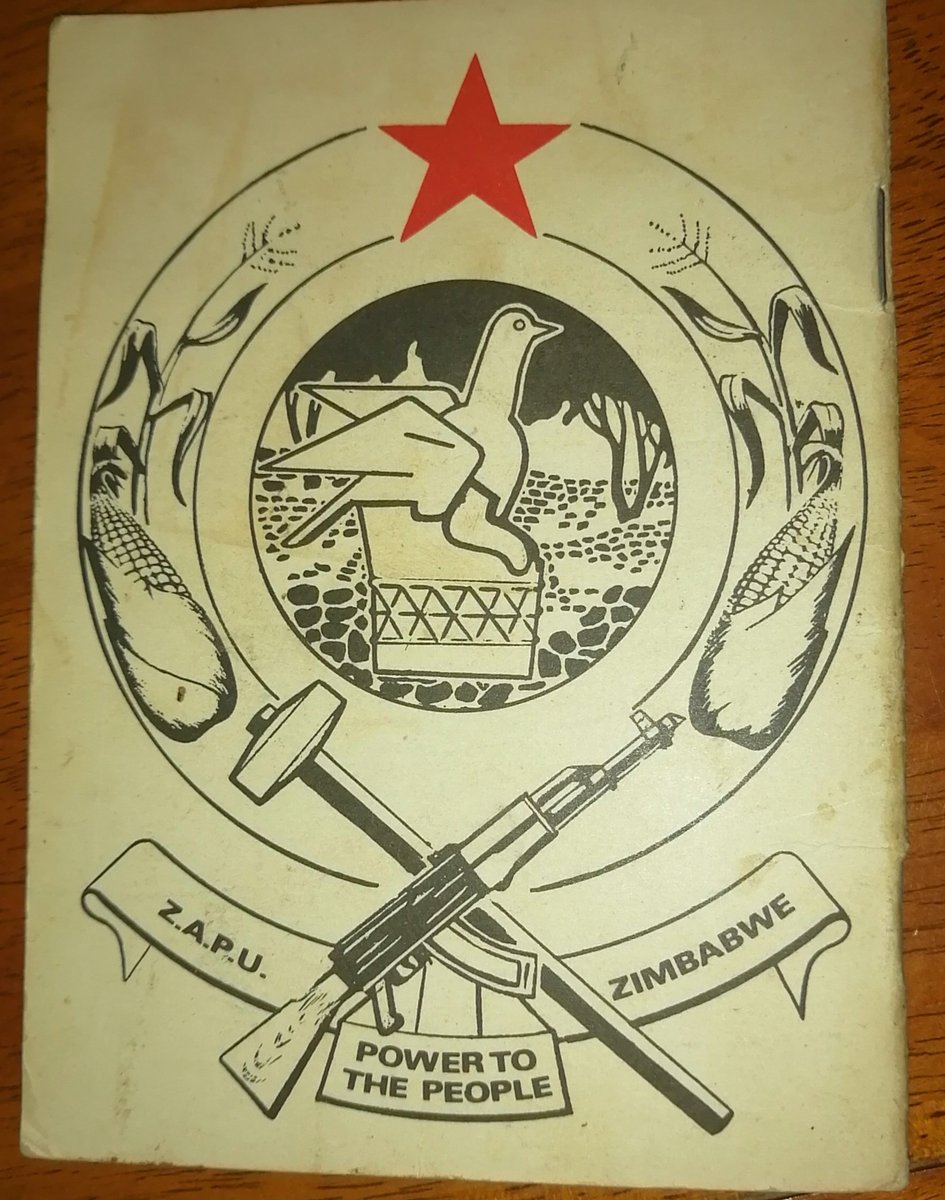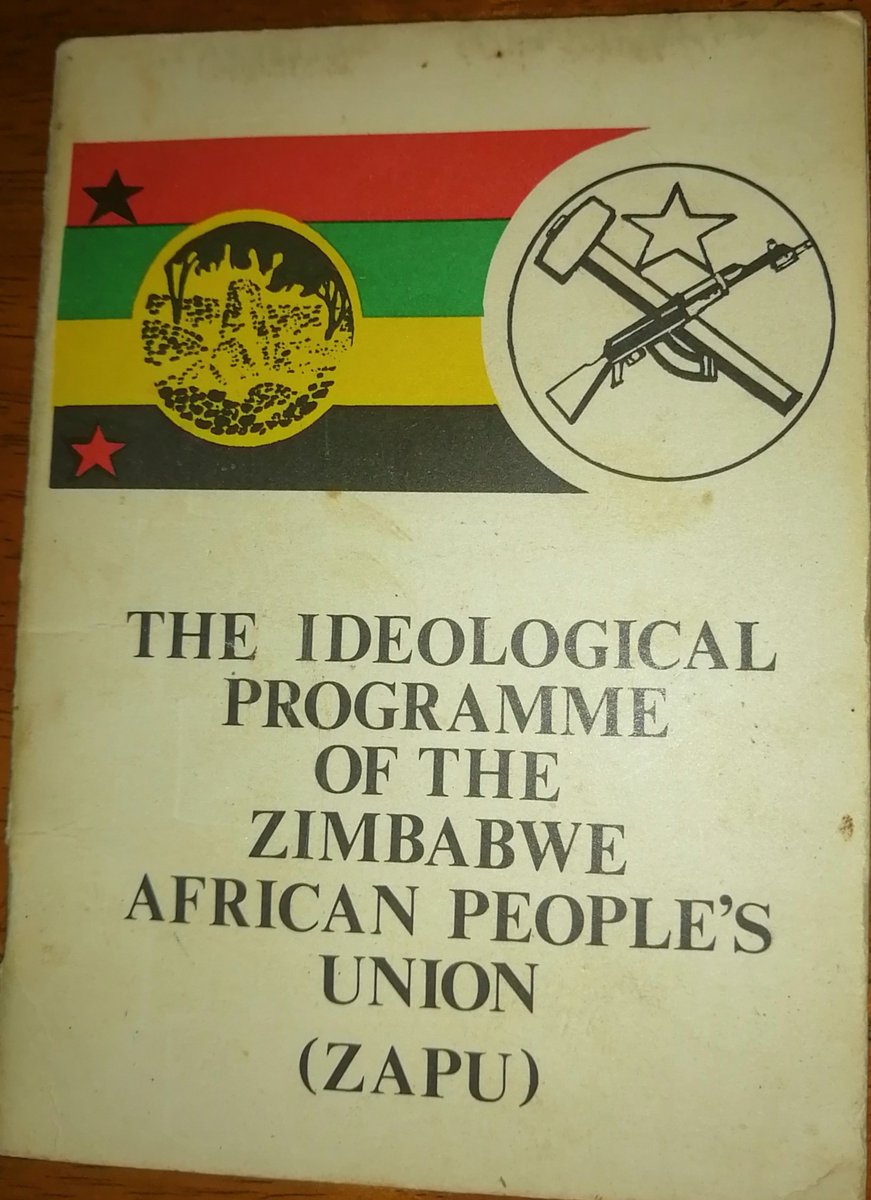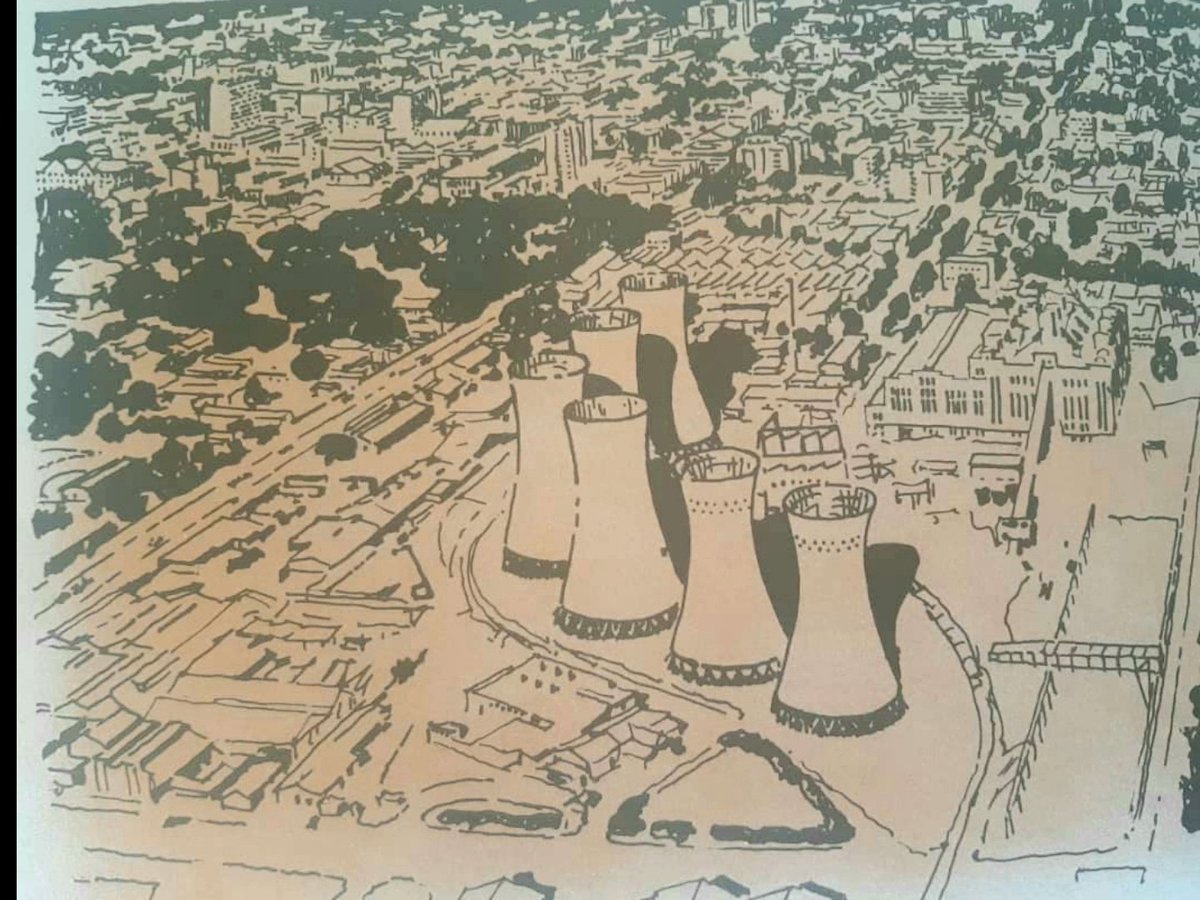
Bulawayo city council used to be one of the best run councils in the country and the region. This was becoz in 1980 ZAPU lost the national elections and deployed its best brains at the local level where they had won.#Asakhe
ZAPU had a gvt in waiting. So people who were supposed to be ministers, directors, Perm sec, etc became councilors and technocrats at a local level. They set a very high standard of running a local authority
But in recent years we started electing stone-throwers as councilors and the results are there for everyone to see.
The city's vision is to have a smart city by 2024 but how will we achieve that if we don't have "smart" leadership
• • •
Missing some Tweet in this thread? You can try to
force a refresh





